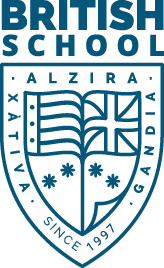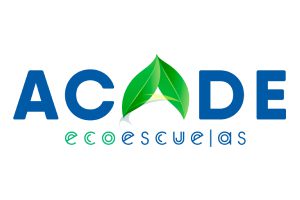We attended the charity gala to contribute funds to the ACOVASTTA Foundation, Association of the Valencian Community of Tourette Syndrome and Associated Disorders.
The British School Alzira, Xàtiva and Gandia, within its philosophy of collaborating with charitable causes, has participated once again in this event, which each year raises funds for a different charitable purpose.
This year has been ACOVASTTA, and we have considered it very interesting to make known what Tourette’s Syndrome is, since it is a great unknown among the general population, and only by knowing can we really help.
If you want to know more about Tourette Syndrome, we advise you to visit the ACOVASTTA website (
https://acovastta.org/ )
Here we leave you some general ideas, which can give you a first information about it…
Remember: “KNOWLEDGE HELPS US UNDERSTAND THE WORLD”
Tourette Syndrome (TS) is a neuropsychiatric disorder characterized by the presence of chronic motor and phonic (also called vocal) tics. Tics are rapid, sudden, involuntary movements or vocalizations that occur repeatedly, in an arrhythmic (non-stereotyped) manner.
Although tics are involuntary, they can be temporarily controlled. But it’s relative control, from seconds to hours, then the urge to tick will return. This “relative” control is what differentiates a tic from another movement disorder (chorea, Parkinson’s, epilepsy, etc). This characteristic can generate confusion among the observing person, who thinks that “if he has been able to control it, then it will not be a tic”. This is a mistake. A child may suppress his tics for a time, by coercion, but generally this suppression will increase his physical and emotional tension, leading to distraction, and an increase in motor restlessness or emotional dysregulation.
Unfortunately, the unquestionable neurochemical cause of TS is still not precisely known. For this reason, there is also no pharmacological therapy that is sufficiently effective. Certain children have a good reaction to neuroleptic drugs and others have side effects that make it necessary to withdraw them because they are more severe than the tics themselves.
In reality, Tourette syndrome can affect school learning in many other ways, both positively (greater creativity) and negatively (associated disorders). Intelligence is not affected by TS, most students with TS have average or above average intelligence. But your systematic efforts to control your tics can lead to impaired abilities, especially concentration.
The prevalence of this neurodevelopmental disorder among the world population is 1 in 100. Therefore, it is not included within rare diseases. However, it remains unknown among the community at large. The lack of knowledge among health professionals means that it is still underdiagnosed.
On many occasions, students with TS usually manifest their tics in the school environment. The irruption of tics can cause a decrease in attention and concentration, and in some cases it is also necessary to reduce their impact on the rest of the class. It is important to remember that this irruption does not try to get anyone’s attention, but quite the opposite, most of the time they try to repress them.
Some students with TS usually present these serious alterations in their emotional regulation.
Angry crises in people with TS are not intended to harm. Actually, at the time of this explosion, they are terrified because they feel like they are losing control. These crises are then followed by large doses of guilt.
(Excerpts from Roxana Apollonio Cabrera’s publication: “Educational Strategies for Children with TS and Comorbidities”)
[av_horizontal_gallery ids=”20884,20886,20888,20890,20892″ height=”25″ size=”large” links=”active” lightbox_text=”” link_dest=”” gap=”large” active=”enlarge” initial=”” control_layout=”av-control-default” id=”” av_uid=”av-2ruu9f”]







